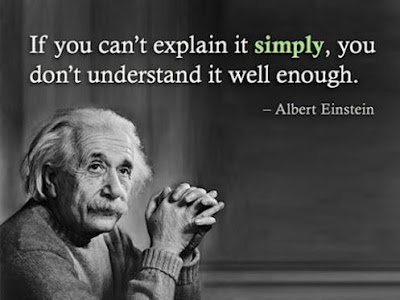The more you share, the more you have it. The less you share, the less you have it. If you don't share it at all it disappears. If you can share it with the whole existence without any conditions it becomes universal.
So start sharing. Whatsoever small bliss comes to you, sing it, dance it, give it to somebody -- to anybody -- don't make any distinctions. And you will be surprised: as you start giving it, it goes on coming more and more to you! And once you have learned that it comes by giving, then one is never miserly about it.
Share more, and let sharing be the only law.
Osho
http://www.buddhasangha.com/osho/osho-on-sharing-bliss.htm
So start sharing. Whatsoever small bliss comes to you, sing it, dance it, give it to somebody -- to anybody -- don't make any distinctions. And you will be surprised: as you start giving it, it goes on coming more and more to you! And once you have learned that it comes by giving, then one is never miserly about it.
Share more, and let sharing be the only law.
Osho
http://www.buddhasangha.com/osho/osho-on-sharing-bliss.htm























-Swami_Vivekananda_Vivek150+(4).jpg)



























